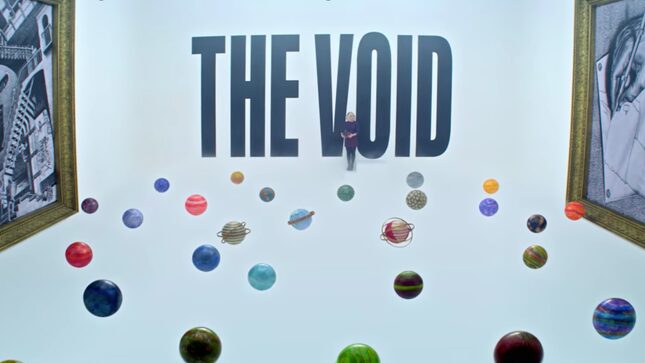

It’s a tale as old as scripted television: a program garners enough attention to last a few seasons too long, and as a result, exhausts all momentum. The plot burns out, hot and fast, leaving little room for a creative conclusion. Instead, all fans are left with is a disappointing coda, a rush to the finish line that feels simultaneously insatiable and bloated, as if its writers chose to include every idea in their bag of tricks instead of cherrypicking the very best ones. I am, of course, talking around the fourth and final season of Netflix’s Chilling Adventures of Sabrina, a chapter viewers might want to choose to skip for fear of tainting an otherwise enjoyable show.
In 2018, when Chilling Adventures of Sabrina first premiered on Netflix as both an edgy reboot of the ’90s sitcom Sabrina the Teenage Witch and an adaptation of the dark comic-book series, it carefully and considerately presented a magical world where even witches fell victim to patriarchal oppressions while avoiding “the #feminist possibilities of witchcraft, ready to be conveniently ironed onto your next Women’s March t-shirt,” as my colleague Hazel Cills expertly described in her review of the first season. As she writes, Sabrina went “beyond tired narratives of teens coming into their own power through magic, one which takes an introductory but smart approach to conversations about girlhood and defending your own bodily autonomy.” The seasons that followed played off those ideas, eventually culminating in a striking third season. In it, protagonist Sabrina broke off into two women: Sabrina Morningstar, Queen of Hell, and the Earth-bound Sabrina Spellman, forcibly resolving herself (herselves?) and viewers to the understanding that with great power comes the great inability to acquire a healthy work/life balance. She couldn’t really “have it all,” because “having it all” doesn’t exist—even for the magical. And the show could’ve very well ended there—a fantastical series grounded with its realistic cynicism and criticism of the systems that belittle women. Instead, it closed with an unnecessary final chapter, which undermined the promise of its start.
-

-

-

-

-

-

-

-

-

-

-

-

-

-

-

-

-

-

-

-

-

-

-

-

-

-

-

-

-

-

-

-

-

-

-

-

-

-

-

-








































